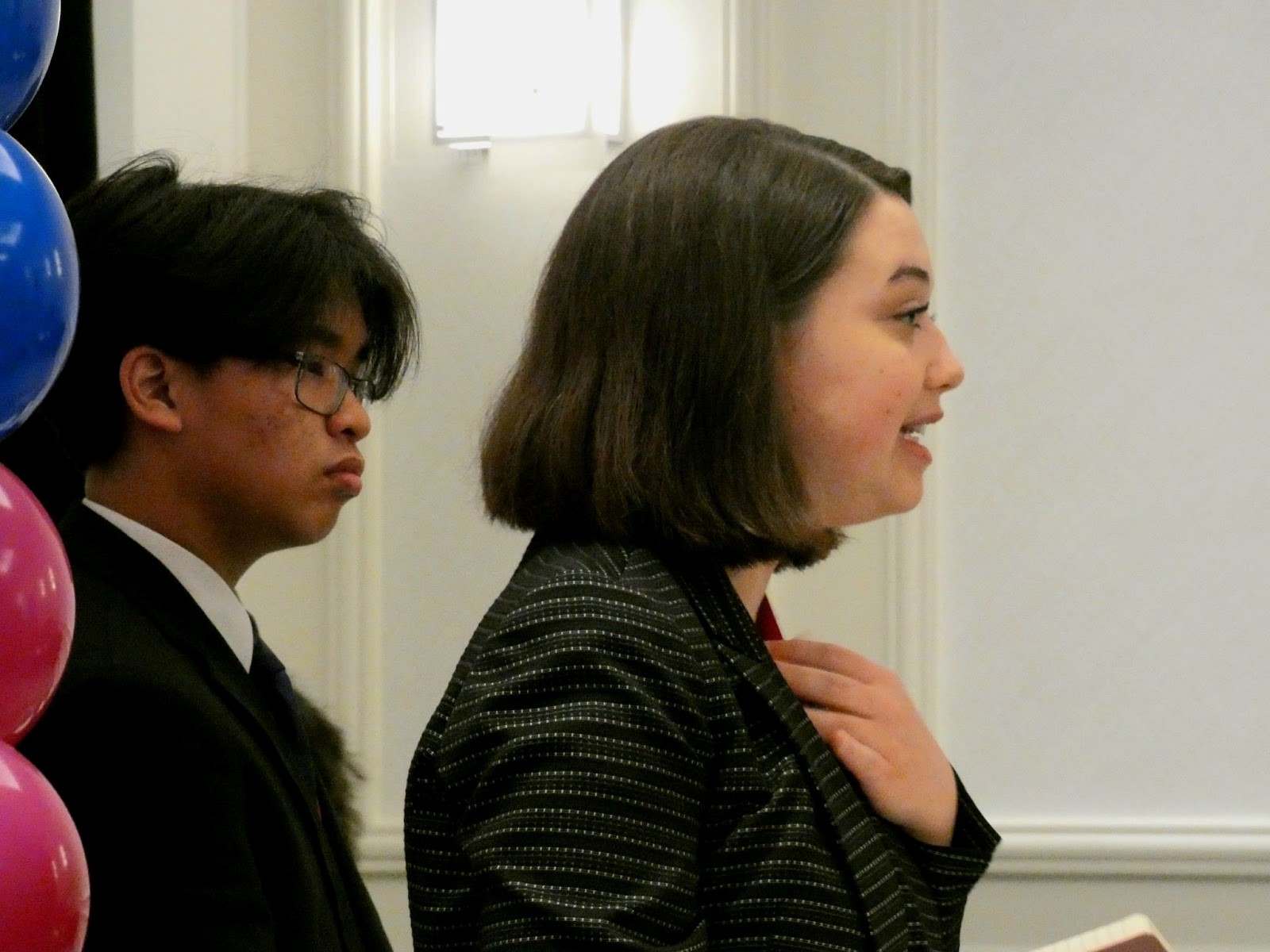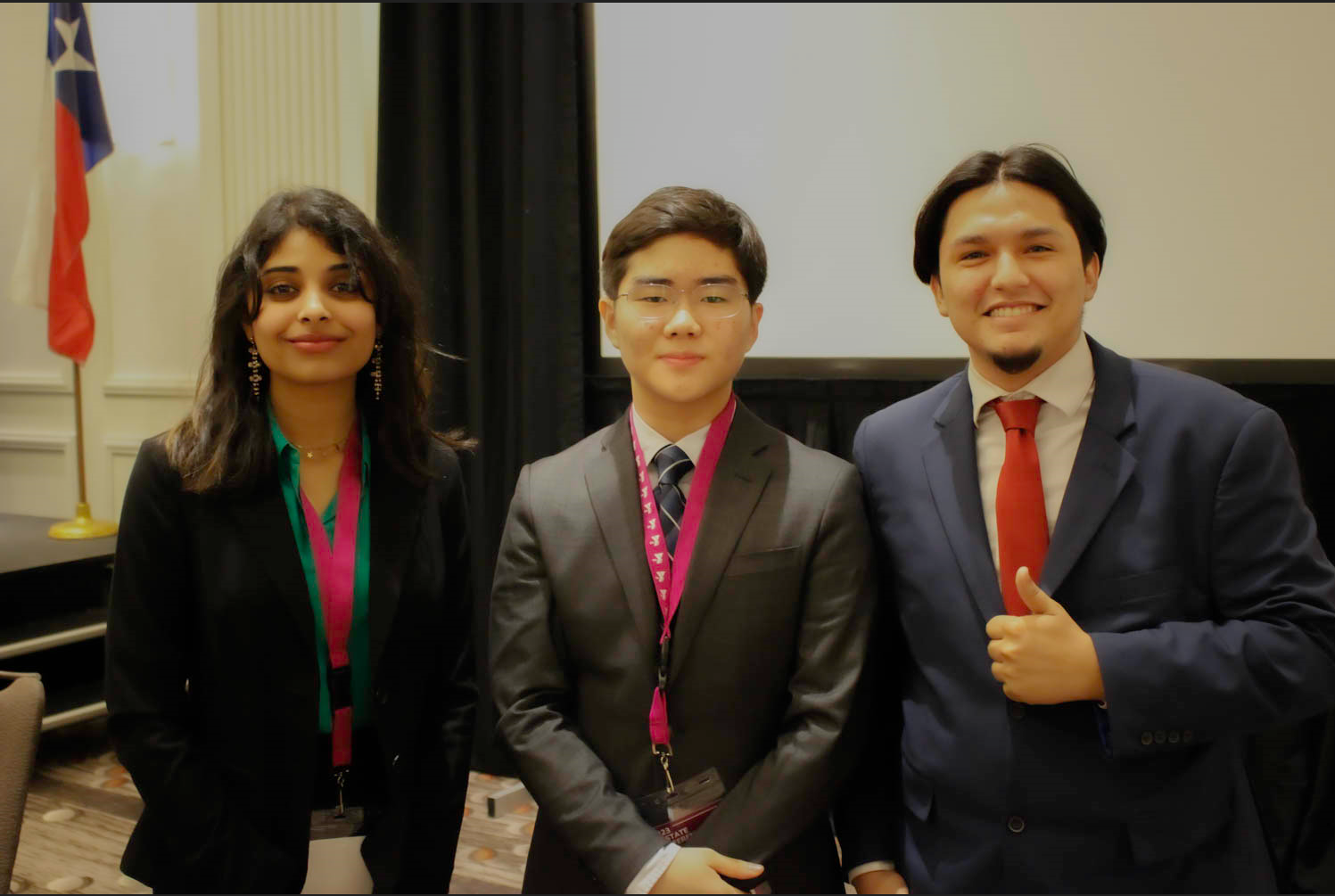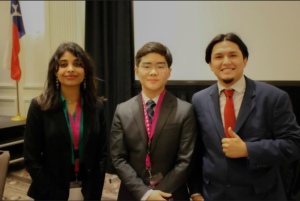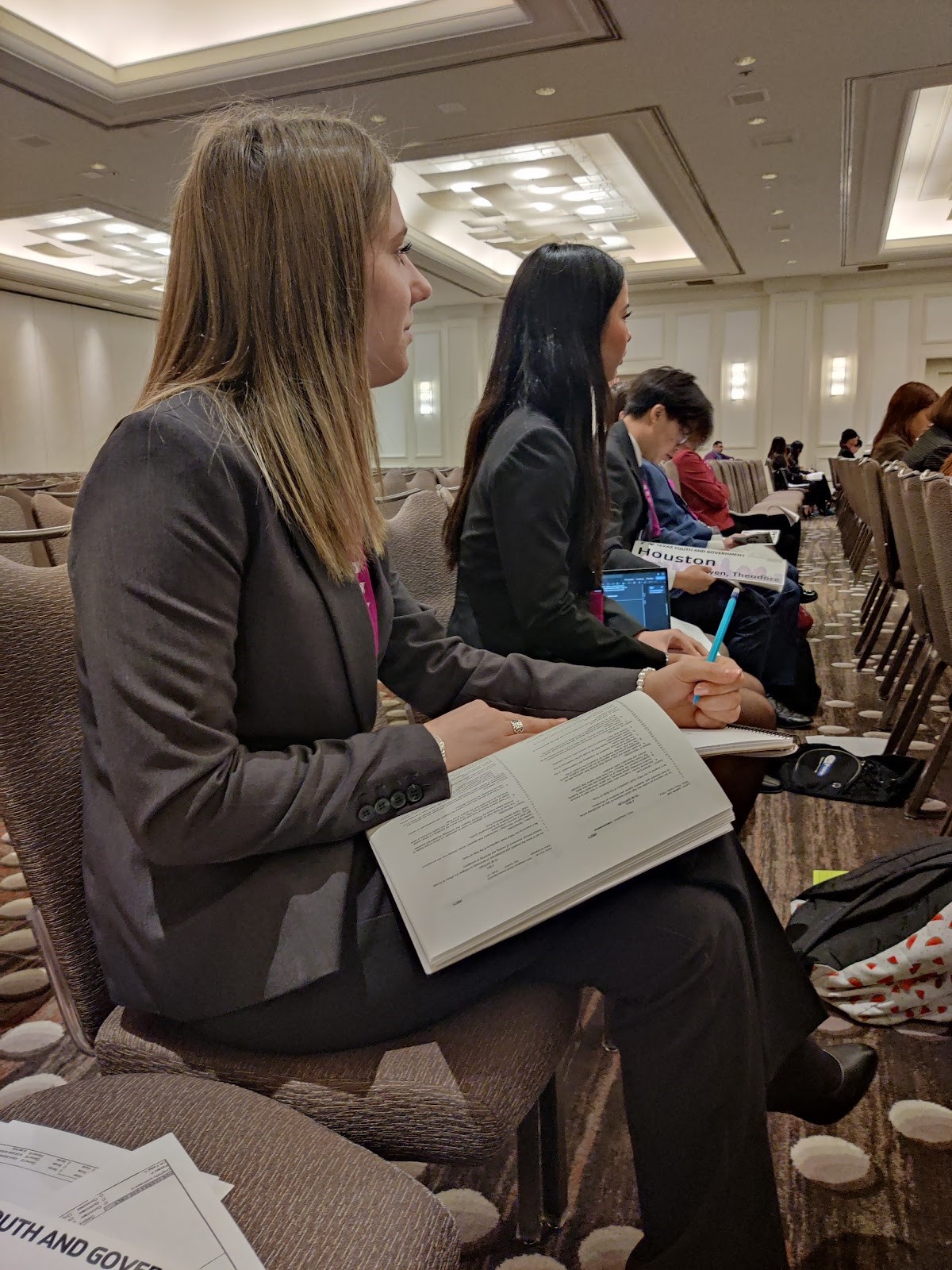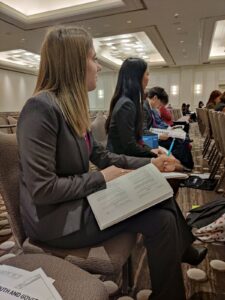What Happens in the Courtroom…
By Abigail Zylka,
Duncanville High School
The first thing that happens in the courtroom, once everyone gets seated, is the explanation of the rules.
The judge will have different rules depending on who is in charge. They are roughly the same every time, typically about eating and drinking and when you can approach the bench.
The prosecution and the defense will start by making their opening statements. The prosecution will talk about why the defense is guilty, and the defense will talk about how the defendant is not guilty. The prosecution will then bring a witness to the stand to ask questions about the case at hand. Then the defense will also question the witness.
Both defense and prosecution ask questions to help further prove their reasoning on whether the defendant is guilty or not guilty. Once both sides have finished asking questions, the prosecution will call up two more witnesses and cross examine them.
Then the defense will call up three different witnesses to the stand so they can be cross-examined. During the cross-examination, exchanges can get very interesting, listening to both sides object to one another and going back and forth with each other.
Once all of the witnesses have been interviewed, the defense and the prosecution will make their closing statements. The closing statements attempt to persuade the judge to be on their side.
Once the closing statements have been made, the prosecution and defense will have one last time to prove their case by stating their rebuttal to the judge. The rebuttal will be something short based on the opposing team’s closing statement. The judge will then step out of the courtroom to make their final decision on whether the defendant is guilty or not. The advisor in the room will then give feedback to both opposing sides to help them understand what they did well and where they can improve.

